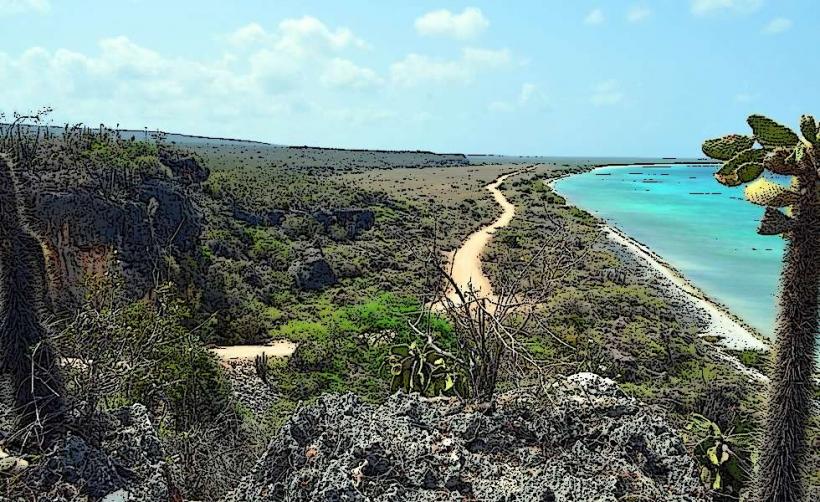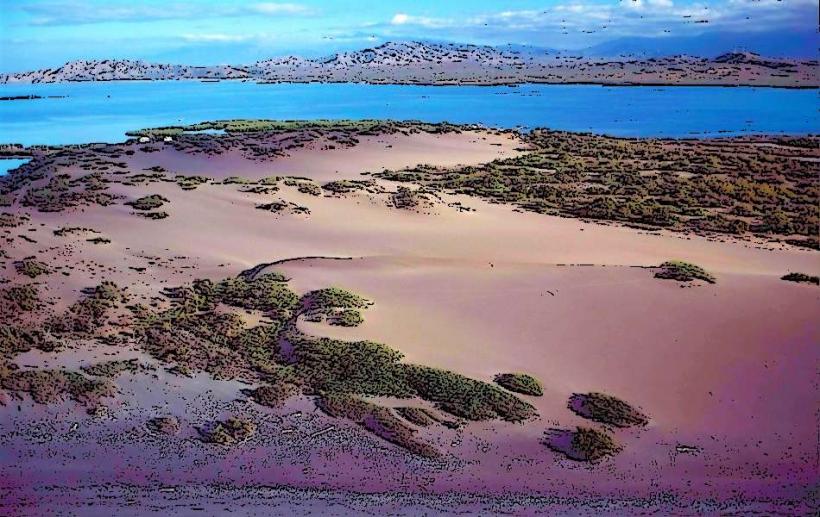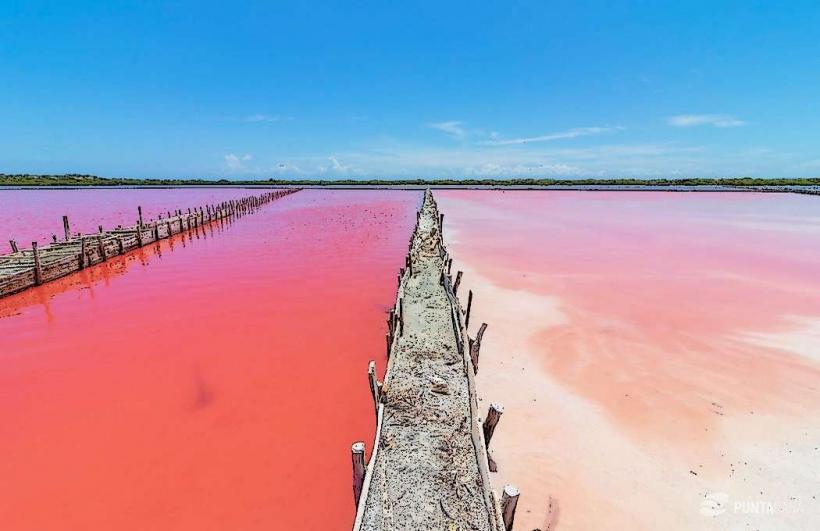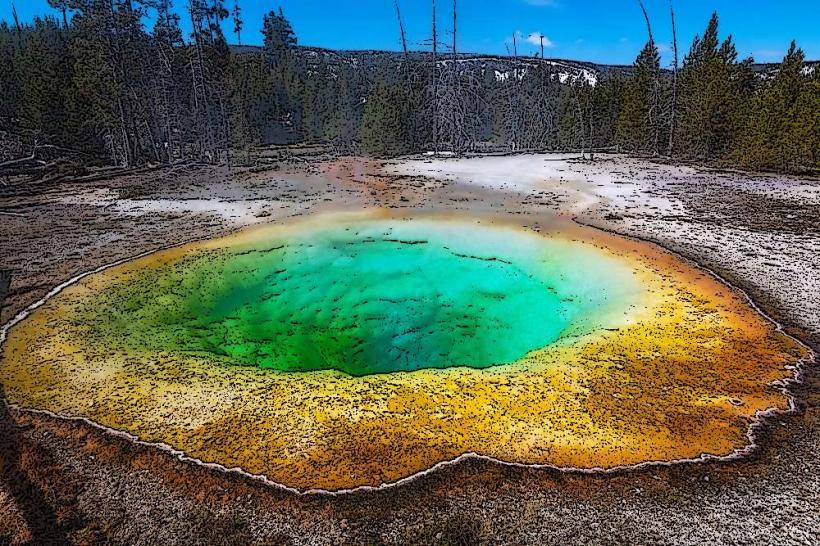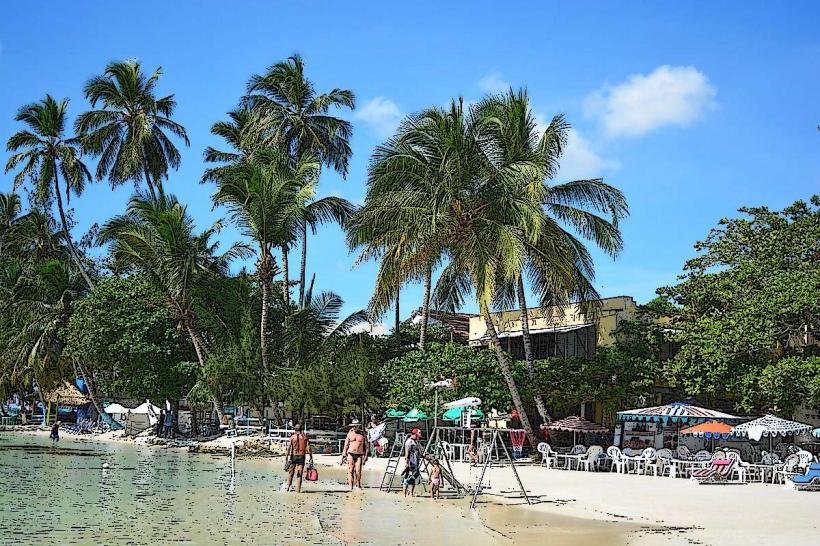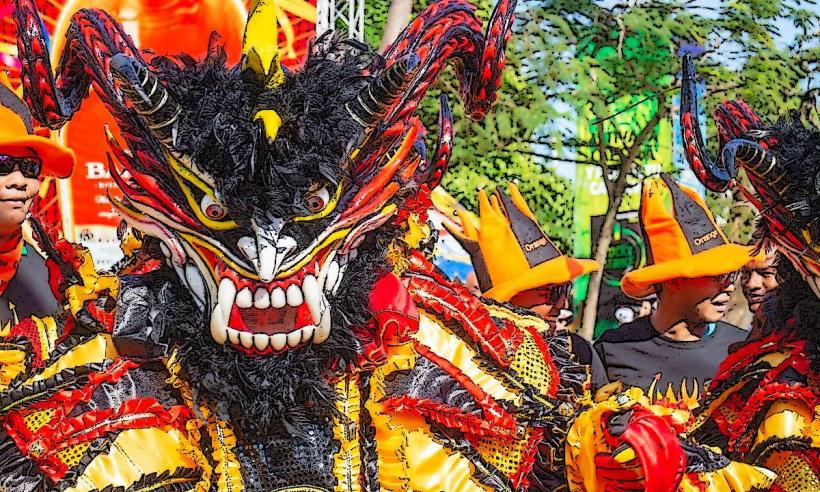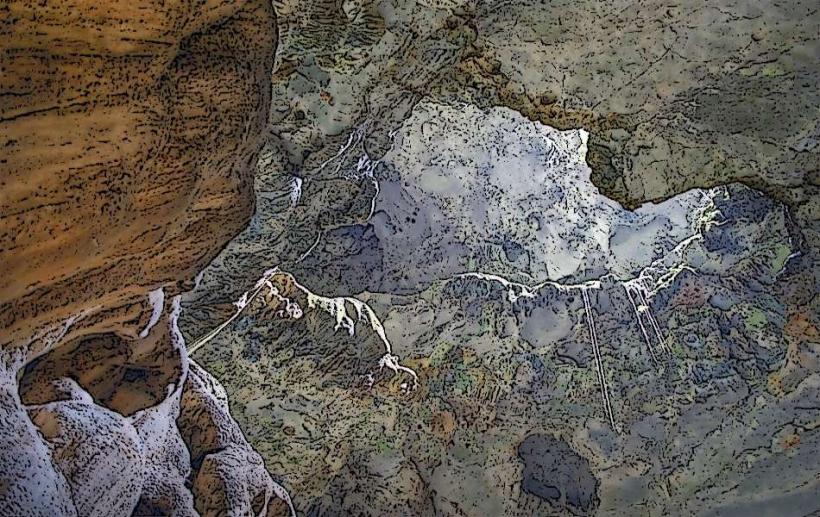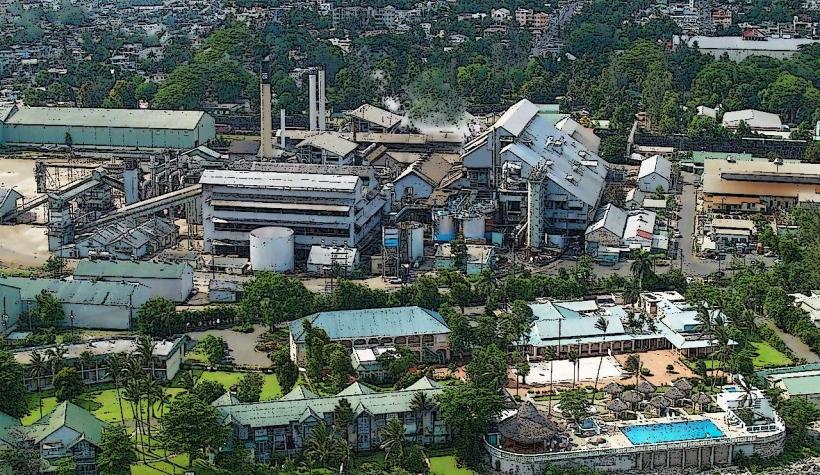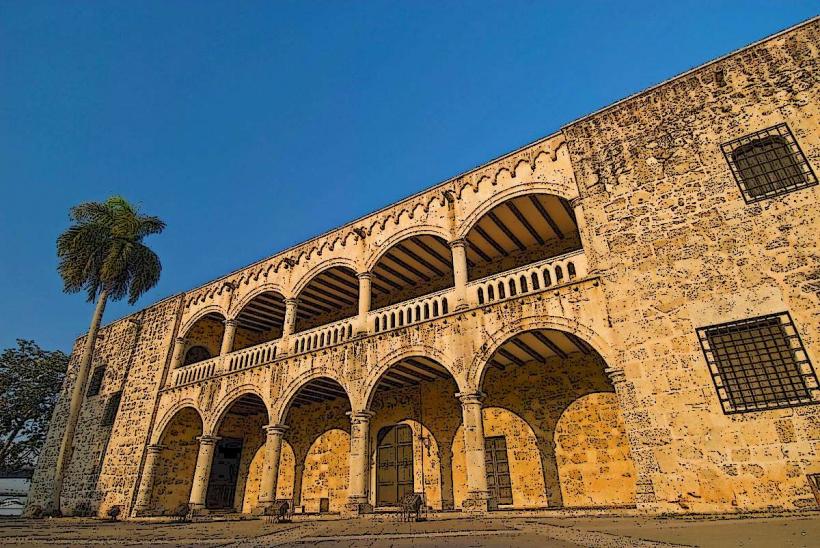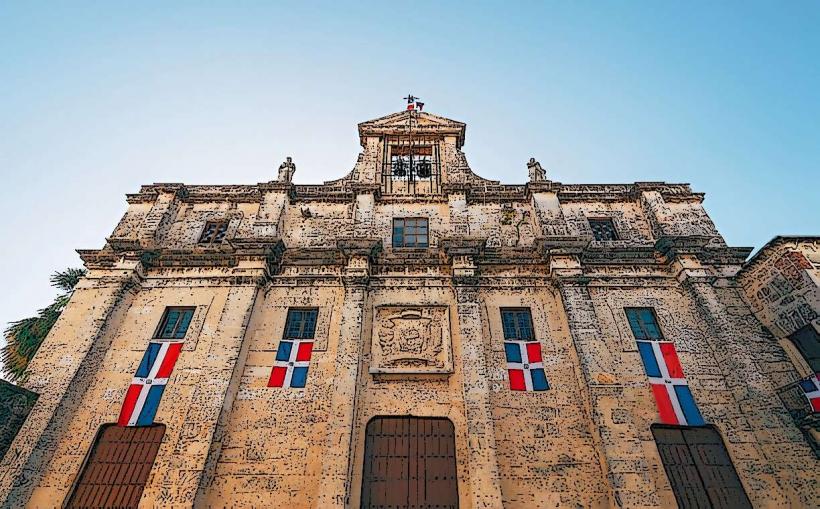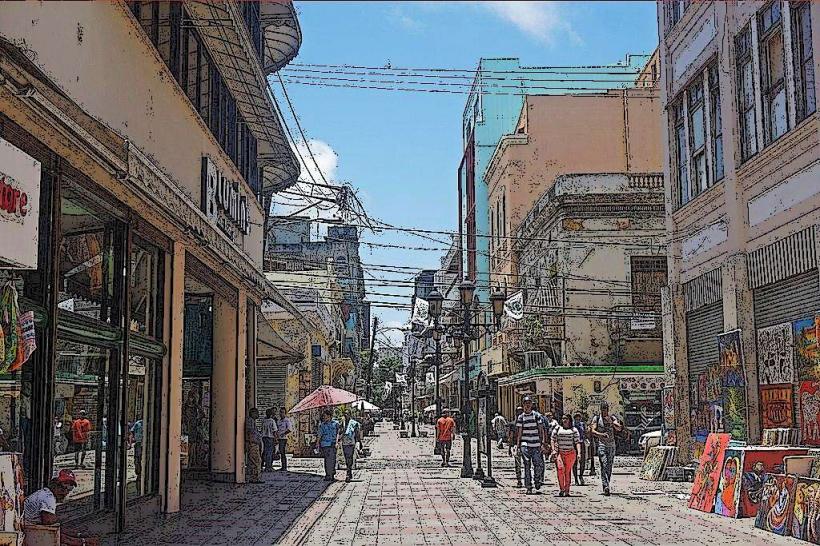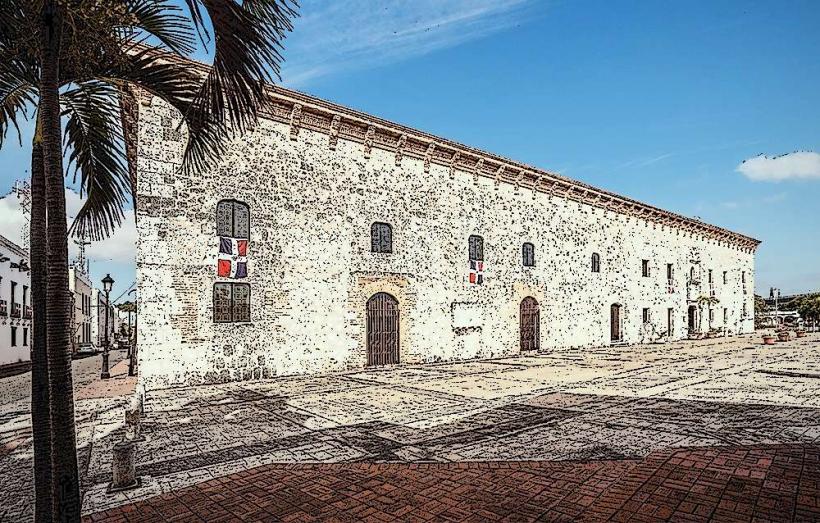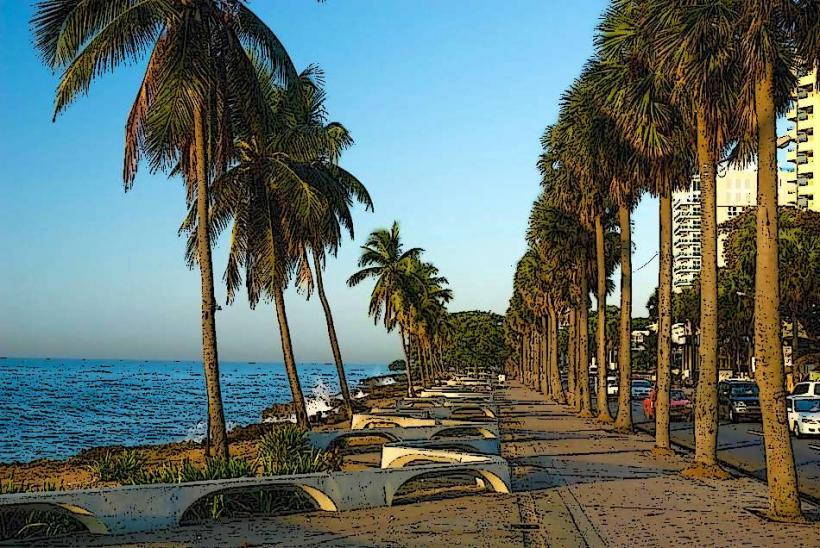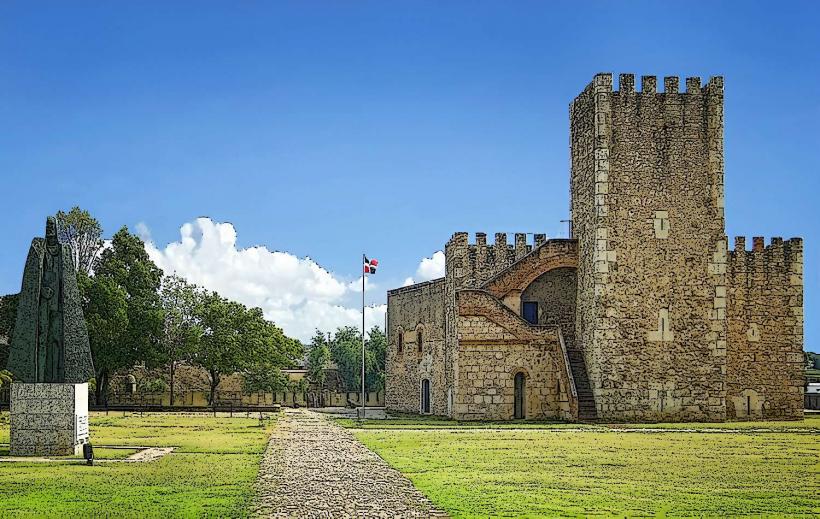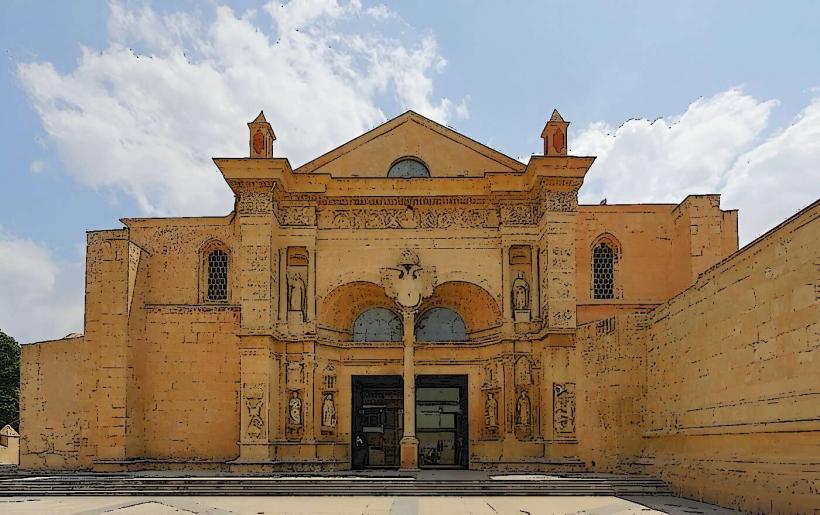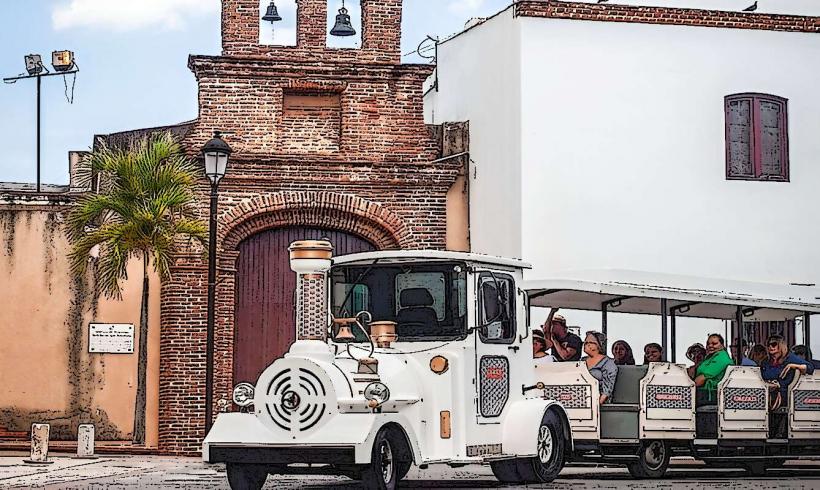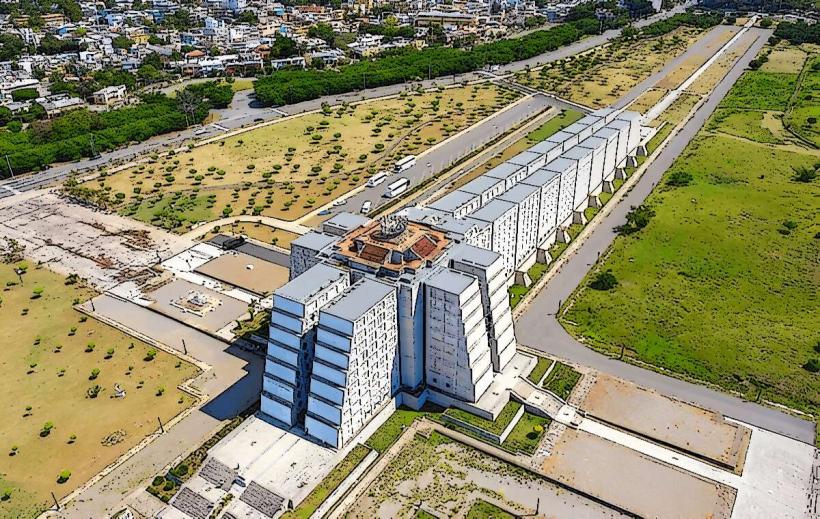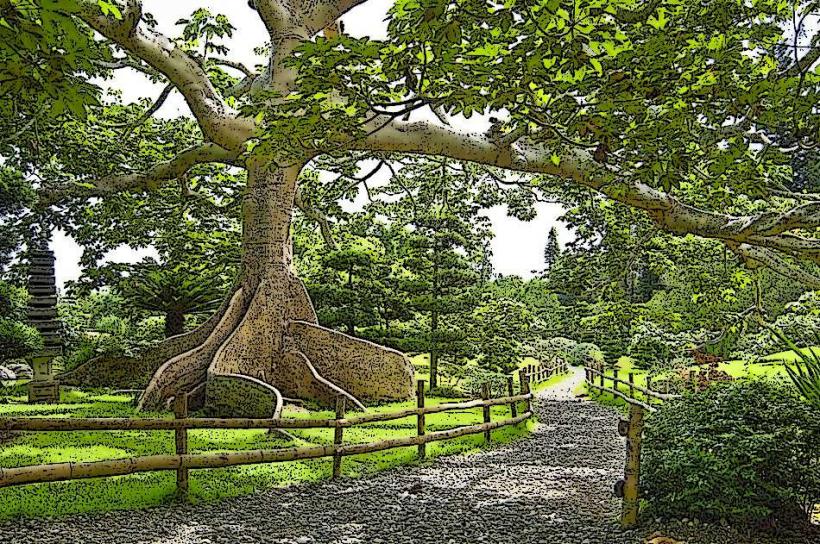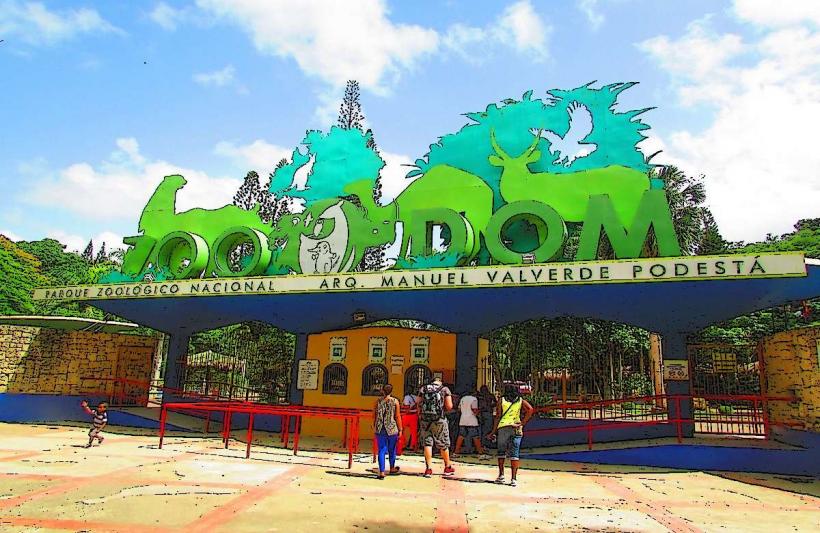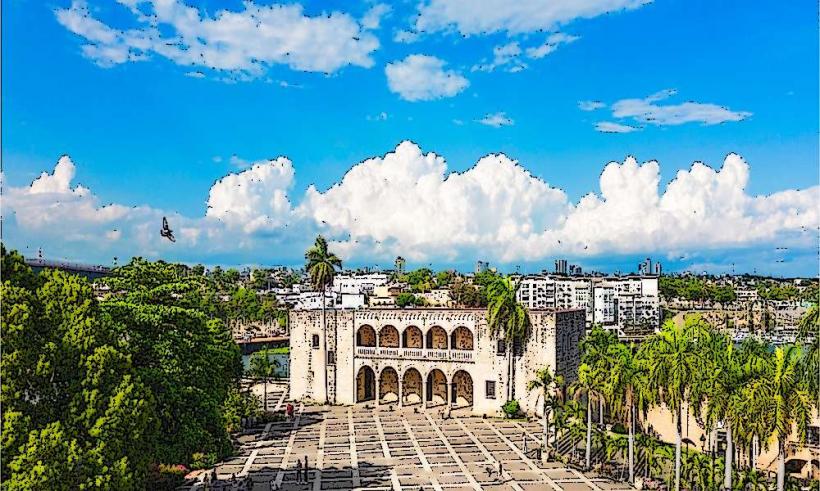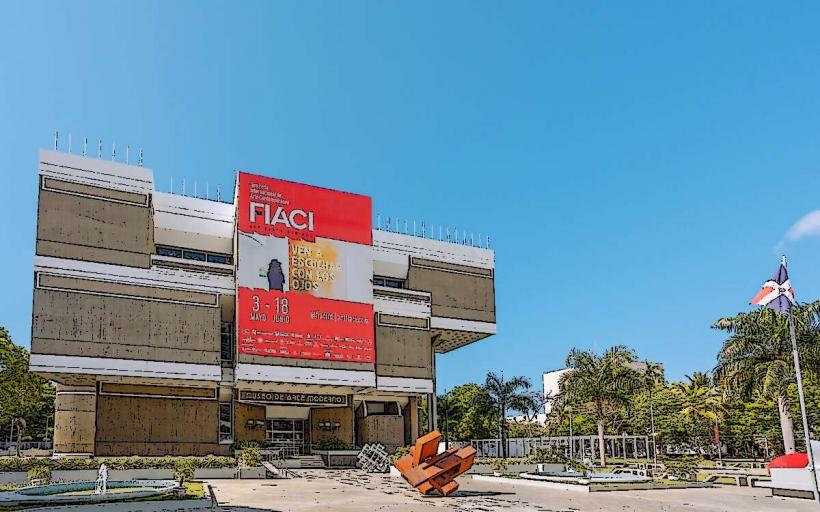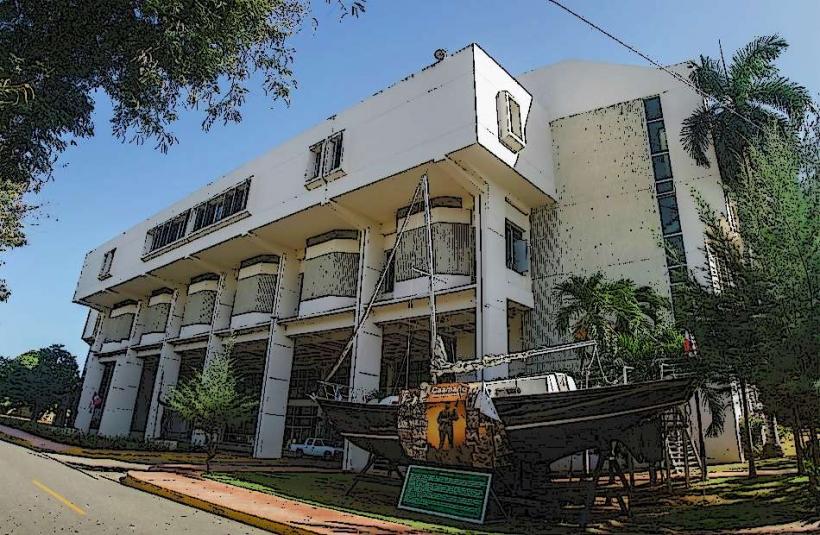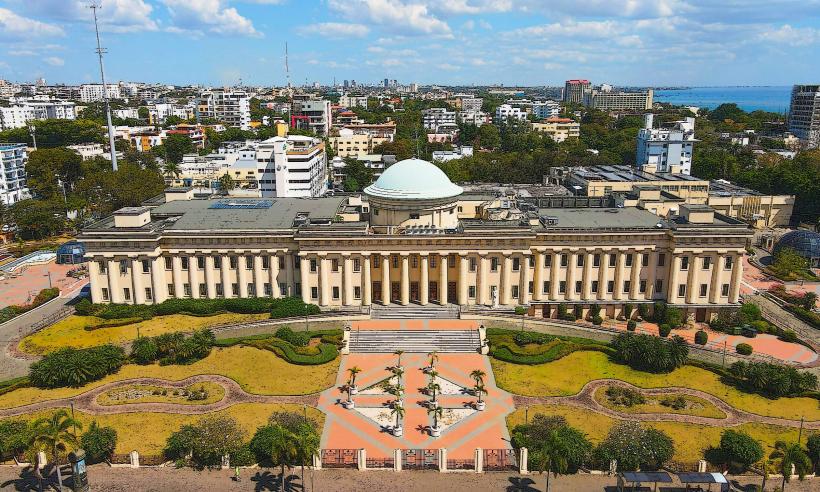Information
Landmark: Parque ColónCity: Santo Domingo
Country: Dominican Republic
Continent: North America
Parque Colón (Columbus Park) is a prominent public space in the heart of the Colonial Zone of Santo Domingo, Dominican Republic. Named after Christopher Columbus, the park is one of the oldest and most historically significant public squares in the Caribbean. It serves as both a recreational space and a cultural hub, surrounded by important landmarks that trace the history of the Dominican Republic and the Americas.
Historical Background
- Origins: Parque Colón dates back to the 16th century, having originally been established as a central plaza during the Spanish colonial era. Over the centuries, it has been a focal point for political and social life in the capital.
- Name: The park is named after Christopher Columbus, the famed Italian explorer whose arrival in the New World marked the beginning of European colonization in the Americas. A statue of Columbus stands prominently in the center of the park, commemorating his contributions to the history of the Caribbean and the Americas.
Key Features and Attractions
Statue of Christopher Columbus: The central feature of Parque Colón is a statue of Christopher Columbus, which was erected in the 19th century. The statue, standing on a pedestal, depicts Columbus in a commanding pose, reflecting his importance in the history of the New World. It faces the Cathedral of Santa María la Menor and is a popular photo spot for tourists.
The Cathedral of Santa María la Menor: Located on the northern side of the park, the Cathedral of Santa María la Menor is the oldest cathedral in the Americas. This stunning example of colonial architecture dates back to the early 1500s and features impressive stonework, intricate stained glass, and historical significance. The cathedral, with its towering spires and grand entrance, is an integral part of the park’s surroundings and a must-visit site for anyone exploring the Colonial Zone.
Historical Significance: Parque Colón is located in a section of Santo Domingo that is rich with historical landmarks, including buildings from the colonial era. The park has long served as a place for public gatherings, celebrations, and protests, and has witnessed countless events throughout the centuries.
Surrounding Colonial Buildings: The park is surrounded by several important buildings that reflect the colonial past of the Dominican Republic:
- Palacio Consistorial (City Hall): The building housing the local government is located on the eastern side of the park. It is an example of colonial architecture, dating back to the 16th century, and is now a museum with exhibits related to the city's history.
- Casa del Cónsul: This historical building, located near the park, was the residence of the Spanish consuls during the colonial period.
- Museo de las Casas Reales (Museum of the Royal Houses): Just a short walk from the park, this museum is housed in a former royal palace and showcases the colonial history of Santo Domingo, with artifacts related to the Spanish crown’s governance in the Americas.
Cultural and Social Role
Public Space: Parque Colón is a vibrant public space where locals and tourists alike can relax, take in the scenery, and enjoy the atmosphere of the historic city center. It’s often bustling with activity, especially in the evenings, when the park becomes a gathering place for people enjoying the outdoors.
Street Performers and Vendors: The park is known for its lively atmosphere, with street performers, musicians, and vendors selling local crafts and souvenirs. This adds a dynamic and cultural energy to the area, making it a popular destination for both Dominicans and international visitors.
Events and Festivals: Parque Colón is frequently used for cultural events, concerts, and celebrations, especially during national holidays like Dominican Independence Day (February 27) and Restoration Day (August 16). These events often feature music, dancing, and performances that highlight the rich cultural heritage of the Dominican Republic.
Architecture and Layout
- Design: The park is laid out in a rectangular shape, with a wide central area surrounded by trees and benches. The ground is paved with stone tiles, and the space is framed by colonial-style buildings, providing a sense of continuity with the past.
- Fountains and Landscaping: The park has several fountains and lush landscaping, offering a tranquil escape from the hustle and bustle of the city. The greenery and shaded areas provide a pleasant atmosphere for visitors who want to relax or enjoy the view.
Nearby Attractions
The Colonial Zone of Santo Domingo is a UNESCO World Heritage Site, and Parque Colón is at the heart of this historic area. A few nearby attractions include:
- Alcázar de Colón (Columbus Palace): The residence of Diego Columbus, the son of Christopher Columbus, which is now a museum with exhibitions about the early colonial history of the Americas.
- The Ozama Fortress (Fuerza de Ozama): A 16th-century fortress that served as a military stronghold for the Spanish colonists.
- El Conde Street: A bustling pedestrian street filled with shops, restaurants, and colonial-era architecture, perfect for leisurely walks.
Practical Information for Visitors
- Location: Parque Colón is located in the Colonial Zone of Santo Domingo, at the intersection of Calle Las Damas and Calle Colón.
- Opening Hours: The park is open to the public at all times, though it’s most active during the daytime and early evening.
- Admission: Free to enter and explore.
- Accessibility: The park is easily accessible by foot, especially for those exploring the historic district of Santo Domingo. It's also close to many other landmarks, making it a central stop for tourists.
Conclusion
Parque Colón is not only a picturesque public space but also a central point in the history and culture of Santo Domingo. Its blend of historical landmarks, cultural significance, and role as a gathering place makes it one of the most important spots in the city. Whether you're exploring the colonial past, enjoying the lively atmosphere, or relaxing in the shade of the trees, Parque Colón offers a unique glimpse into the heart of the Dominican Republic’s capital.

